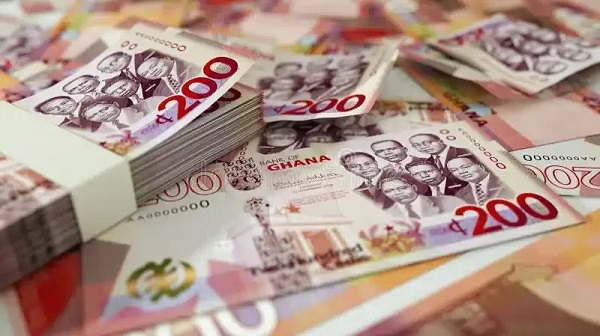In Ghana’s markets, there’s a pricing practice that defies both economic logic and basic fairness—one that becomes especially glaring during periods of currency appreciation.
When the Ghana cedi depreciates against the US dollar, traders are quick to adjust prices upwards, often even for goods that were imported long before the depreciation occurred. Their justification? If they don’t increase prices, they won’t be able to restock, as replacement costs will be higher. It’s a forward-looking rationale—anticipating future costs and pricing accordingly.
But when the reverse happens and the cedi strengthens—as it has in recent weeks by more than 30%, particularly from April to May 2025—those same traders refuse to lower prices. Suddenly, the narrative shifts. Now, they insist they can’t reduce prices because their current stock was purchased when the cedi was weaker.
This inconsistency is more than frustrating—it is economically incoherent and deeply unfair to consumers. You can’t have it both ways. If you justify price increases based on expected future costs (forward-looking pricing), then fairness demands that you also adjust prices downward when the cedi appreciates. Otherwise, it becomes opportunistic pricing—profiting from depreciation but refusing to pass on the benefits of appreciation.
A closer look at recent data underscores the disconnect. Between May 2024 and May 2025, the cedi appreciated dramatically from GHS 14.13 to GHS 10.28 to the US dollar, a 27% gain. Even on a year-on-year basis from April 2024 to April 2025, the cedi strengthened modestly. Despite this, inflation only declined from 21.2% in April to 18.4% in May—still high, but easing. This pattern suggests that macroeconomic forces—such as reduced government spending, tight monetary policy, and improved foreign exchange inflows—are beginning to work. But the benefits aren’t reaching consumers fast enough.
Why? Because traders are not allowing price signals to transmit. In 2024, a weaker cedi was used to justify higher prices. But in 2025, a stronger cedi has not brought those prices down. The result? A wedge between exchange rate movements and consumer price relief—largely due to asymmetric pricing behaviour.
To be fair, not all prices are completely unresponsive. Recent declines in petroleum product prices and some electronic goods suggest that appreciation can influence prices when markets are competitive or when cost structures are more transparent. However, these examples are the exception rather than the rule. Most traders do not adjust their prices—or if they do, the adjustment is marginal and lags significantly behind the magnitude of the cedi’s appreciation. The responsiveness is rarely symmetrical.
Economists often talk about downward price stickiness—the idea that prices are more resistant to falling than rising. That’s understandable to a point. But in Ghana’s markets, this stickiness tends to be excessive. It undermines public trust, weakens the transmission of macroeconomic policy, and fuels perceptions of market unfairness.
Indeed, exchange rate appreciation should ease inflationary pressures. That’s how the macroeconomic system is supposed to work. But when markets resist passing on the gains of a stronger cedi to consumers, households continue to suffer, and policymakers are left fighting inflation with one hand tied behind their backs.
We need more pricing discipline. More competition. More transparency. And as consumers, more awareness. Price movements shouldn’t only go in one direction—especially when the fundamentals no longer justify it.


